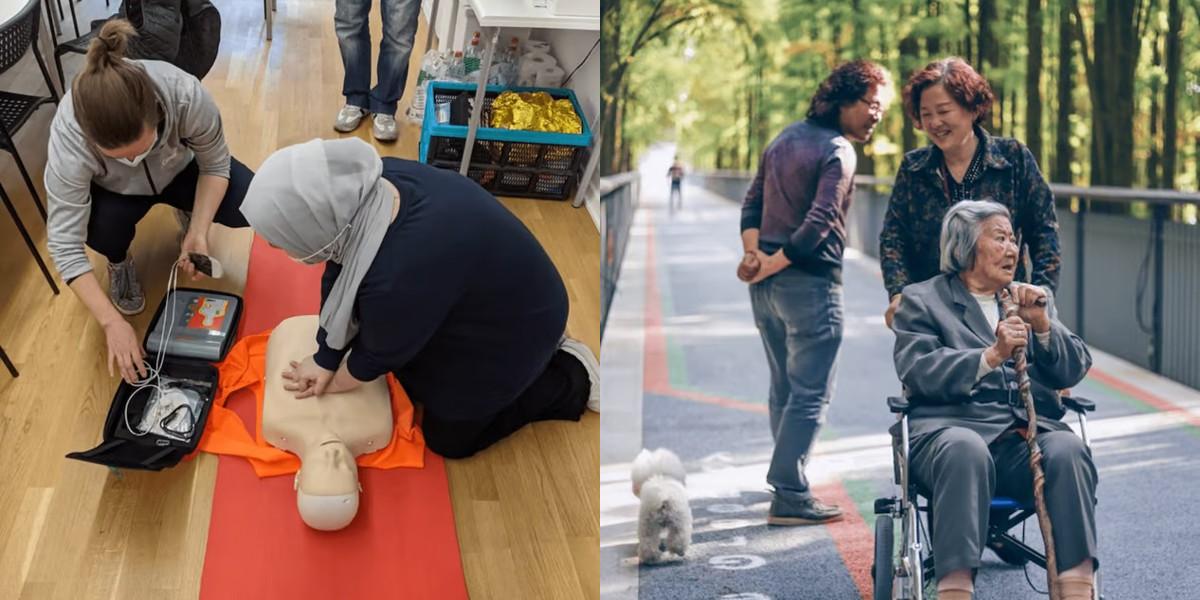CPR-BLS vs Home Health Aide

Are you interested in a career in the healthcare field but not sure which path to take? Two popular options to consider are CPR-BLS and Home Health Aide. While both roles involve providing care to patients, there are some key differences between the two. In this blog post, we will explore what CPR-BLS and Home Health Aide are, the differences between them, their job descriptions, education and training requirements, and career outlook and salary. By the end, you should have a better understanding of which path might be the best fit for you.
CPR-BLS vs Home Health Aide: Education and Training
The education and training requirements for CPR-BLS and Home Health Aide are also different:
- CPR-BLS: CPR-BLS certification can typically be obtained through a short training course, which may be offered by organizations such as the American Heart Association or the Red Cross. The course covers topics such as CPR, AED use, and basic life support techniques.
- Home Health Aide: The education and training requirements for Home Health Aides vary by state and employer. In some cases, a high school diploma or equivalent may be sufficient, while other employers may require completion of a formal training program and certification. Training programs for Home Health Aides typically cover topics such as personal care, infection control, and basic medical procedures.
CPR-BLS vs Home Health Aide: Career Outlook and Salary
The career outlook and salary for CPR-BLS and Home Health Aide can vary:
- CPR-BLS: The demand for individuals with CPR-BLS certification is generally high, as this certification is often required for healthcare professionals and is also useful for individuals in other fields, such as lifeguards or fitness instructors. The salary for individuals with CPR-BLS certification can vary depending on factors such as location, experience, and employer.
- Home Health Aide: The demand for Home Health Aides is expected to grow rapidly in the coming years, due to the aging population and the desire for individuals to receive care in their own homes. The salary for Home Health Aides can vary depending on factors such as location, experience, and employer.
Final Thoughts
Choosing between CPR-BLS and Home Health Aide depends on your interests, skills, and career goals. If you are interested in emergency response and enjoy the idea of providing immediate care to patients in crisis situations, CPR-BLS may be the right path for you. On the other hand, if you are interested in providing ongoing care and assistance to individuals who are unable to care for themselves, Home Health Aide may be a better fit. Consider your strengths and preferences when making your decision, and remember that both roles play important roles in the healthcare field.
Discover the widespread reach of Dreambound's programs in various locations. Delve into the content of these blogs to gain a thorough understanding of the intricacies surrounding the two vocations, covering everything from requirements to valuable tips on starting your endeavor:





